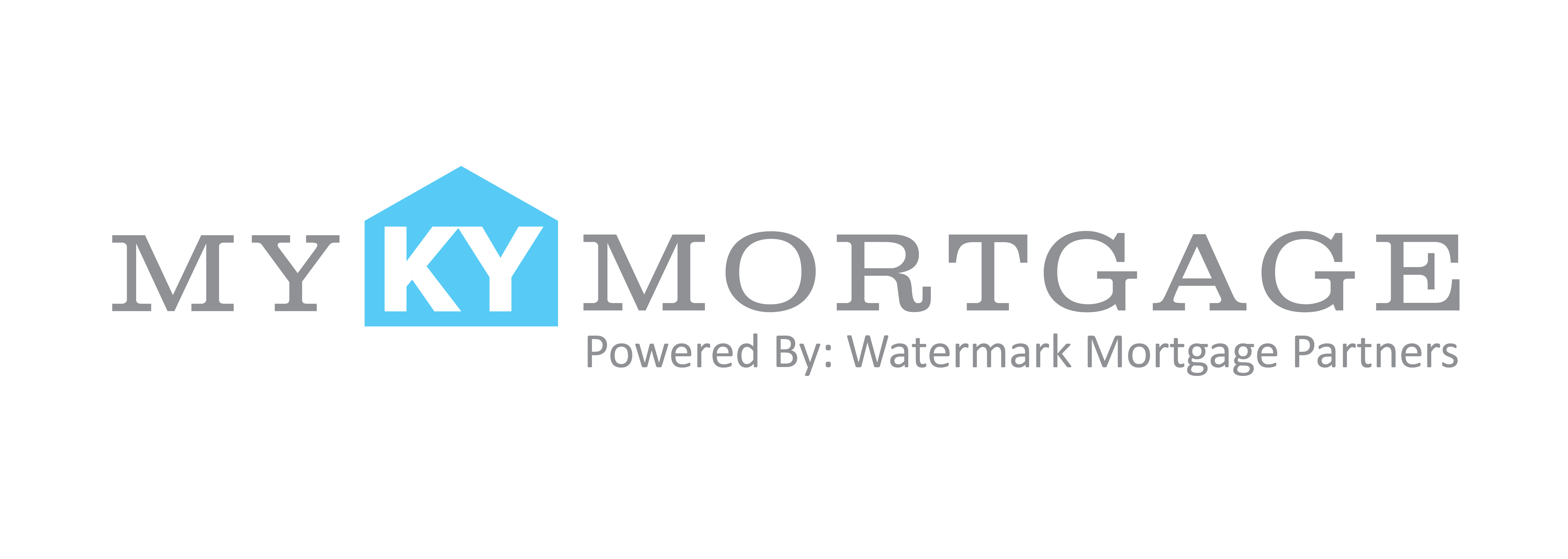Has someone close to you asked if you would co-sign a mortgage? Before you sign on the dotted line, it’s wise to consider if this move makes sense.
After all, you’re not just putting your name on a piece of paper, you’re putting your own finances at risk. Here, realtor.com suggests four questions you should ask first.
1. What is co-signing, exactly?
When a homebuyer uses a co-signer, the buyer becomes what’s known as the “occupying borrower” (or the person who will be living in the home). Meanwhile, the co-signer (usually a relative or friend of the occupying borrower) is someone who typically doesn’t live at the property. Co-signers physically sign the mortgage or deed of trust to add the security of their income and credit history against the loan.
In turn, both parties take on the financial risk of the mortgage together. That means if the occupying borrower defaults on the loan, the co-signer is expected to come up with the cash. Qualified co-signers must have a strong credit history and good income, as a lender will scrutinize their income, credit history, credit score, assets, and debts the same as ordinary borrowers.
2. What are my responsibilities when co-signing a loan?
If anything happens to change the occupying borrower’s financial health—like the loss of a job or severe medical problems, for example—the co-signer will be responsible for the mortgage payments. If the occupying borrower misses a mortgage payment, that blemish also can go on a co-signer’s credit report and cause potentially damaging repercussions.
According to data from the credit analysis firm FICO, someone with an excellent credit score—780 or above—could see it drop 90 to 110 points if mortgage payments are missed. Another thing to consider: When you co-sign a mortgage, you’re adding that person’s debt to your own, which reduces your own borrowing power.
3. What are the risks of co-signing?
When co-signing a financial product—whether it be a mortgage, a car loan, or a credit card—be aware that you could get burned. In fact, in a 2016 CreditCards.com survey of 2,003 U.S. adults, 38 percent of co-signers said they had to pay a part of or the entire loan or credit card bill because the primary borrower failed to do so.
Furthermore, 28 percent reported they suffered a drop in their credit score because the person they co-signed for paid late or not at all. Most often, people co-sign mortgages for their friends or family—but co-signing inherently puts the relationship in jeopardy. Proof: Of respondents in the CreditCards.com survey, 26 percent said the co-signing experience damaged the relationship with the person for which they had co-signed.
4. How do I mitigate my risks?
There are several safeguards you can put in place to protect yourself as a co-signer. First, make sure your name is placed on the title of the home. That way, if your borrower can’t pay the mortgage, you have the power to sell the property. Second, take steps to monitor your co-borrower’s mortgage payments by setting up email and text alerts to let you know when mortgage payments are posted, or asking the mortgage lender to notify you if the borrower misses a mortgage payment.
There’s typically a 15-day grace period, in which case you would have 14 days after the payment is due to help your co-signee pay the bill without incurring a late fee or taking a hit on your credit report. You’ll also want to make sure your co-signee knows how to contact you if he or she has a problem with the mortgage.
5. Do I trust the borrower?
Before offering to become someone’s co-signer, ask yourself whether you truly trust the other person to be financially responsible for making the mortgage payments.
Past behavior is a good predictor of future behavior. If the person has had trouble making credit card payments or has a pattern of not meeting other financial obligations, he or she may not be responsible enough to be taking on a mortgage, especially one that has your name attached to it.



